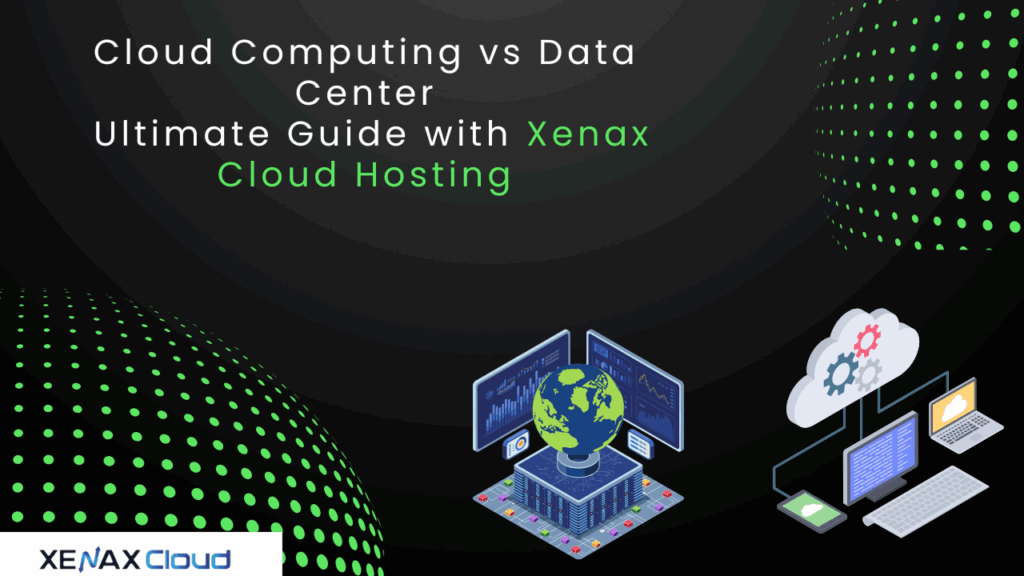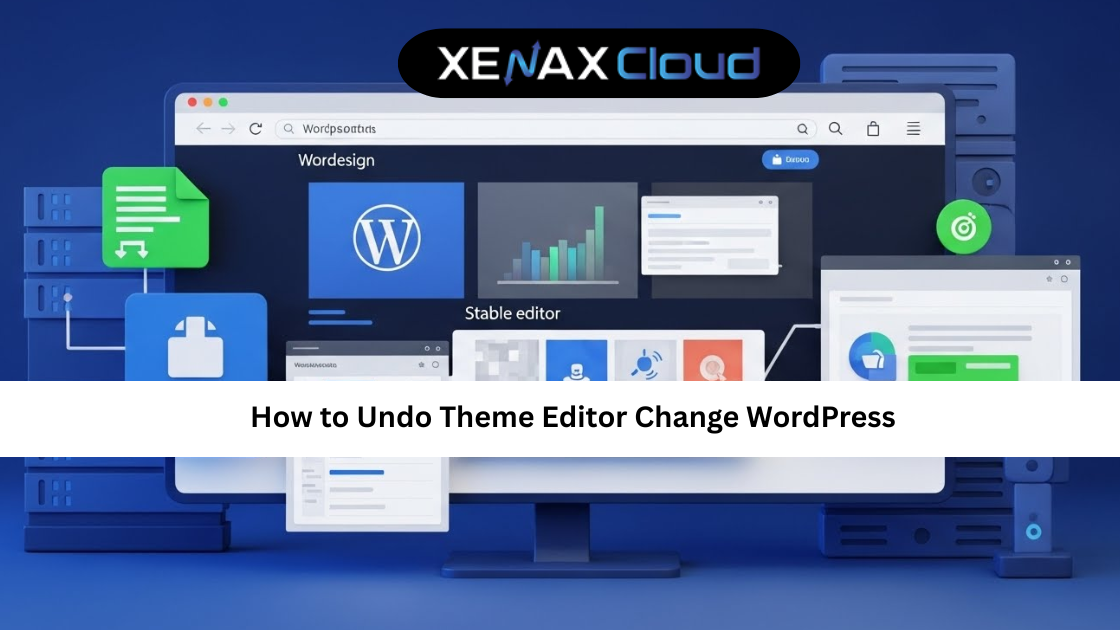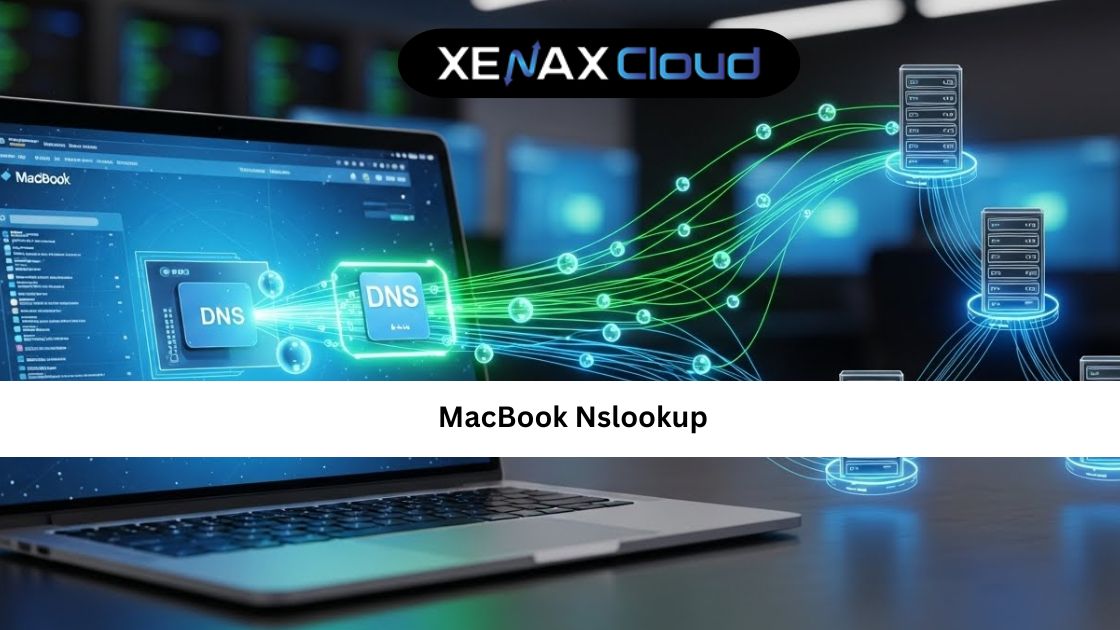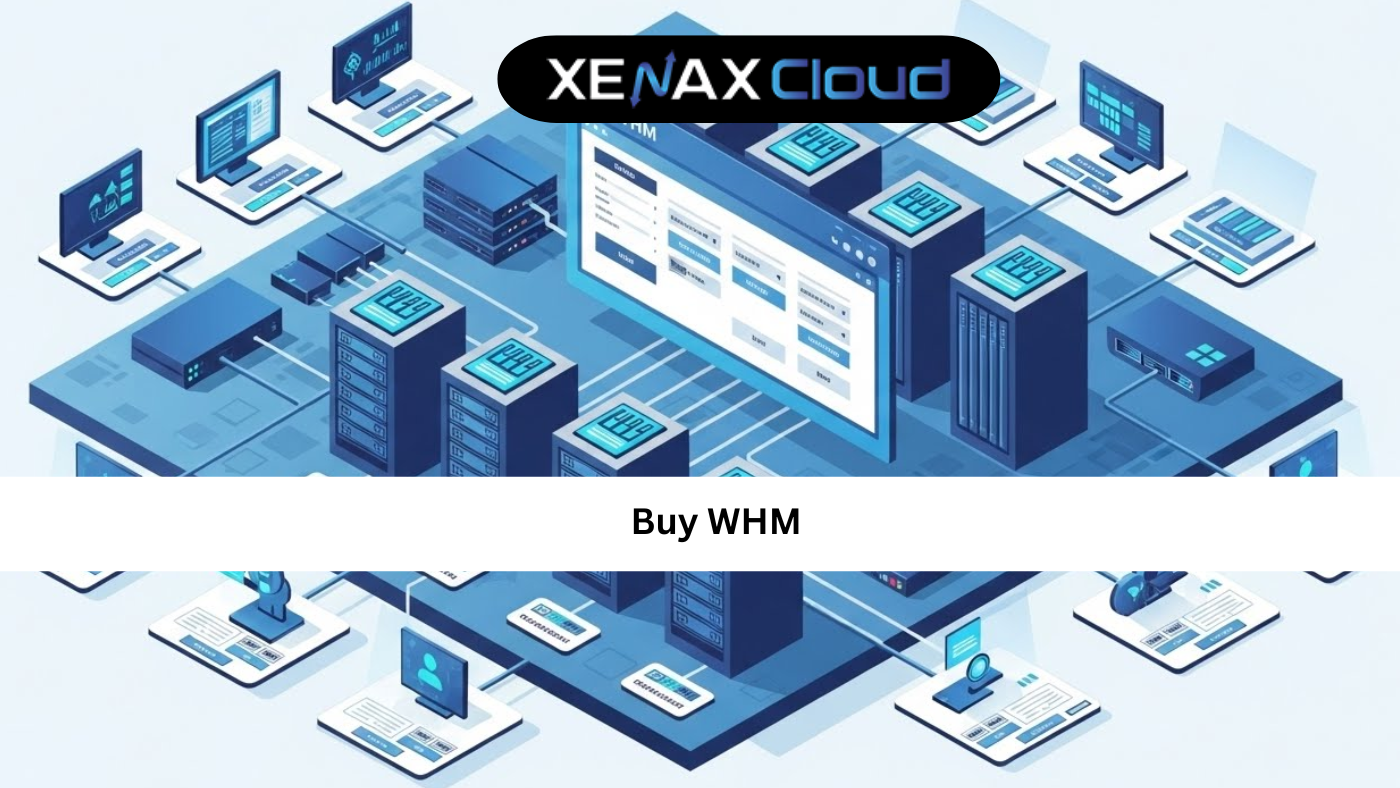In today’s digital landscape, choosing between cloud computing vs data center is a critical decision for businesses, startups, and developers. Understanding the difference between cloud and data center and the difference between hosting and cloud computing can help you pick the right solution. XenaxCloud, with its India-based data centers, offers a range of hosting services—shared hosting, VPS, RDP, dedicated servers, domains, and reseller hosting—to power your online presence. This guide breaks down the concepts, compares hosting options, and explains why XenaxCloud is the ideal choice for Indian businesses.
What is Cloud Computing?
Cloud computing delivers on-demand computing resources—servers, storage, databases—over the internet. It’s like renting IT infrastructure without owning hardware. Key features include:
- Scalability: Easily scale resources up or down based on demand.
- Cost-Efficiency: Pay only for what you use.
- Accessibility: Access services from anywhere with an internet connection.
XenaxCloud’s VPS and shared hosting offer cloud-like flexibility, allowing businesses to scale without investing in physical servers.
What is a Data Center?
A data center is a physical facility housing servers, networking equipment, and storage systems. XenaxCloud’s India-based data centers provide the backbone for our hosting services, ensuring reliable, high-performance infrastructure. Key features include:
- Control: Full ownership or dedicated access to hardware.
- Reliability: Redundant power, cooling, and security systems.
- Performance: Direct control over server configurations.
Our dedicated servers leverage data center infrastructure for maximum performance and control.
Cloud Computing vs Data Center: Key Differences
The difference between cloud and data center lies in delivery and management:
- Infrastructure: Cloud computing uses virtualized resources across multiple servers, often in various locations. Data centers are physical facilities with dedicated hardware.
- Scalability: Cloud solutions scale dynamically; data centers require manual upgrades.
- Cost: Cloud is pay-as-you-go; data centers involve upfront hardware costs or fixed hosting plans.
- Management: Cloud providers handle maintenance; data center users manage hardware or rely on providers like XenaxCloud for managed services.
The difference between hosting and cloud computing is also significant:
- Traditional Hosting: Fixed resources (e.g., shared hosting or dedicated servers) with predictable performance.
- Cloud Computing: Dynamic resources that adjust to traffic spikes, ideal for variable workloads.
Why Choose XenaxCloud?
XenaxCloud’s India-based data centers combine the reliability of physical infrastructure with cloud-like flexibility:
- Low Latency: Faster load times for Indian audiences, boosting SEO.
- 99.5% Uptime: Ensures your site or app stays online.
- LiteSpeed Servers: Up to 10x faster than Apache, ideal for dynamic sites.
- Security: Free SSL, DDoS protection, and malware scanning.
- 24/7 Support: Multilingual team available in Hindi, Tamil, and more.
- Free Migration: Seamless transition to XenaxCloud.
XenaxCloud’s Hosting Solutions
- Shared Hosting: Shared hosting is perfect for small businesses or blogs, starting at ₹99/month with cPanel and one-click installs.
- VPS Hosting: VPS offers cloud-like scalability with dedicated resources for growing sites.
- Dedicated Servers: Dedicated servers provide full control for high-traffic applications.
- RDP Hosting: RDP enables secure remote management for teams.
- Reseller Hosting: Reseller hosting lets you start a hosting business with white-label cPanel/WHM.
- Domain Registration: Secure your brand with domains and free privacy protection.
When to Choose Cloud Computing vs Data Center
- Choose Cloud Computing (e.g., VPS):
- Need scalability for fluctuating traffic (e.g., e-commerce during sales).
- Prefer pay-as-you-go pricing.
- Want minimal hardware management.
- Choose Data Center (e.g., dedicated servers):
- Require full control over hardware configurations.
- Need high-performance for resource-intensive apps.
- Prioritize data residency (e.g., XenaxCloud’s India-based servers).
Benefits of India-Based Hosting
XenaxCloud’s India-based data centers reduce latency, improving user experience and SEO rankings. Studies show a 1-second delay can reduce conversions by 7%. Local hosting also ensures compliance with Indian data regulations, crucial for businesses targeting Indian markets.

FAQs
1. What is the difference between cloud and data center?
Cloud computing offers virtual, scalable resources over the internet; data centers are physical facilities with dedicated servers, like XenaxCloud’s India-based infrastructure.
2. How does XenaxCloud support cloud computing vs data center?
Our VPS offers cloud-like scalability, while dedicated servers provide data center reliability.
3. What’s the difference between hosting and cloud computing?
Traditional hosting (shared hosting) uses fixed resources; cloud computing dynamically scales, as offered by our VPS.
4. Why choose XenaxCloud’s India-based data centers?
They ensure low latency, compliance with Indian regulations, and 99.5% uptime for optimal performance.
5. Can I start a hosting business with XenaxCloud?
Yes, our reseller hosting offers white-label cPanel/WHM for entrepreneurs.
6. How do I secure a domain for my business?
Use XenaxCloud’s domain registration for affordable TLDs with free privacy protection.
Conclusion
Understanding cloud computing vs data center helps you choose the right hosting for your business. XenaxCloud’s India-based solutions—shared hosting, VPS, dedicated servers, RDP, reseller hosting, and domains—offer flexibility, reliability, and performance. Visit xenaxcloud.com to power your online presence with the best hosting in India!






